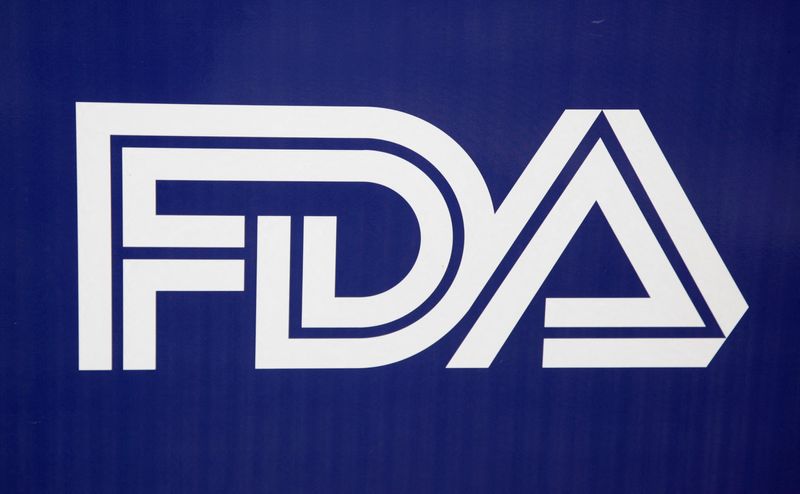By Jessica DiNapoli
NEW YORK (Reuters) -The U.S. Food and Drug Administration on Friday said it would allow yogurt makers to say that the dairy product may reduce the risk of type 2 diabetes as more Americans die from the disease and take medications like Ozempic to battle it.
The FDA will permit dairy companies to say that eating yogurt regularly - at least two cups or three servings per week - may reduce the risk of type 2 diabetes, according to limited scientific evidence, according to a letter posted on the regulator's website.
Yogurt maker Danone North America asked the FDA to greenlight the claim in 2018, after the subsidiary of the French company Danone SA (OTC:DANOY) "noticed the body of evidence was really growing and becoming more compelling" to support it, said Amanda Blechman, Danone North America's director of health and scientific affairs.
She said any yogurt maker will be able to use the claim on dairy-based yogurt. Danone's competitors include General Mills (NYSE:GIS), which makes Yoplait, and privately held Chobani. Chobani was the top yogurt in the United States by retail value sales in 2023, according to data provider Euromonitor, followed by Danone's Dannon brand.
Although many manufacturers add sugar to yogurt, the research showed that the benefit still applied, "regardless of sugar or fat content," Blechman said.
In the letter, the FDA said it was concerned that the use of the claim on yogurts with a "significant amount of added sugars could contribute empty calories to the diet." The regulator said it "encourages careful consideration" of whether to use the claim on yogurts that are high in added sugar.
Yoplait's single-serve pina colada yogurt has 13 grams (0.5 ounce) of added sugar, a high percentage for a daily diet, according to FDA guidelines. Danone's Dannon creamy classic peach mango yogurt has 9 grams (0.3 ounce) of added sugar.
Blechman cited a 2014 study published by researchers at Harvard School of Public Health's Department of Nutrition that showed higher intake of yogurt is associated with a lower risk of type 2 diabetes, which prompted Danone to apply to the FDA for the claim.
She said Danone's application to the FDA cited 32 studies to support the claim that consumption of yogurt reduces the risk of type 2 diabetes, which is not seen in other types of dairy. Though Blechman added the studies do not pinpoint why yogurt reduces the risk of the disease, she said it could be because of the live cultures in the food that ferment milk.
Six of the 32 studies cited in Danone's application to the FDA received at least partial funding from Danone or a related company, the company said.
The claim does not apply to non-dairy yogurts made from ingredients like almonds, coconut and soy, Blechman said.

Danone is "evaluating how and where to communicate" the new claim in a way that is easy to understand, she added.
The FDA in the past has permitted similar claims for cranberry juice reducing the chances of recurrent urinary tract infections, and for whole grains limiting the risk of diabetes.